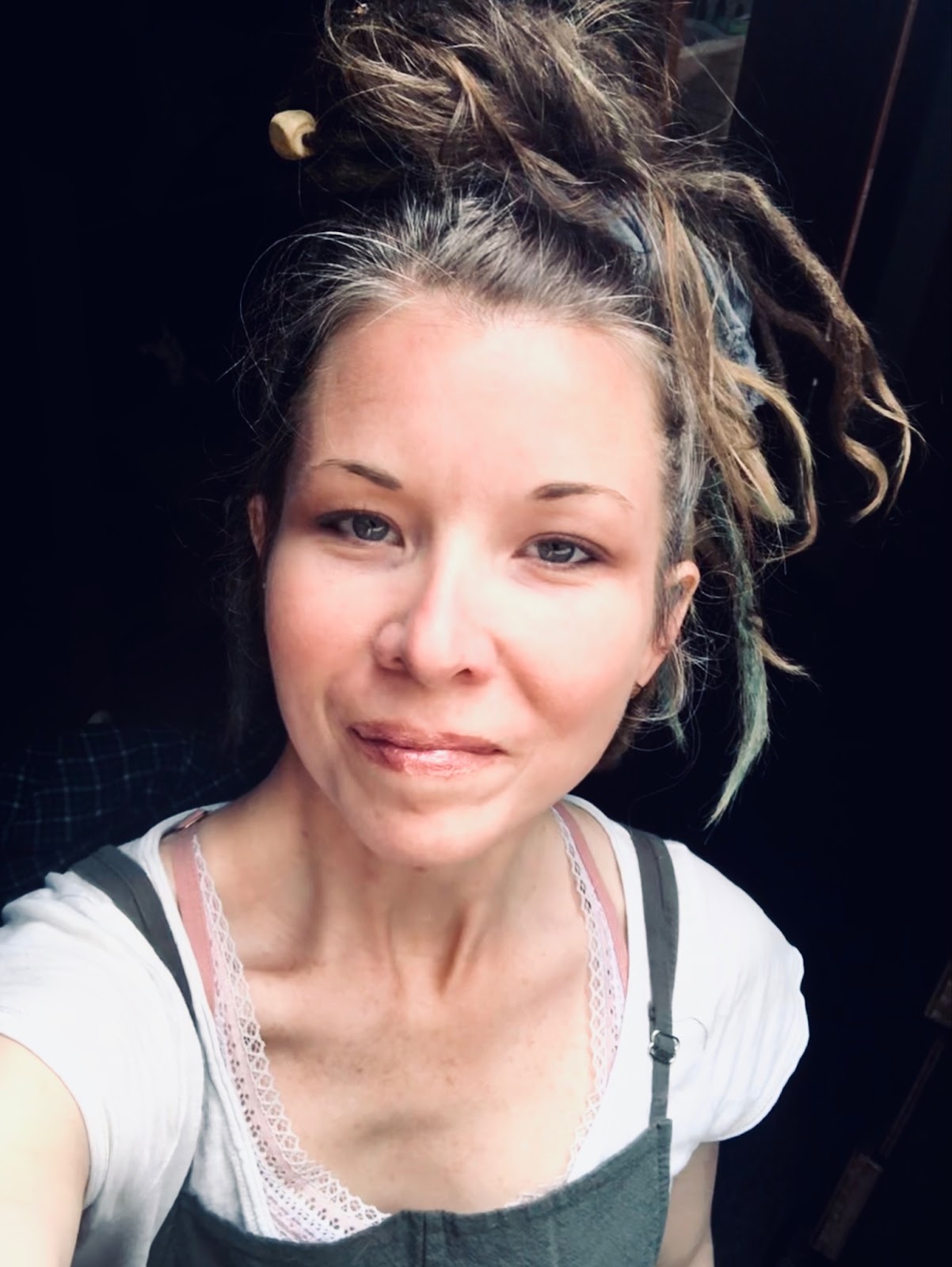IGNITE Our Understanding of Trauma
By Shayla A
There could be an entire season dedicated to understanding trauma, and we would still have more to discuss, learn, and understand. The research, data, and conclusions run as deep as trauma does in our lives. Nobody is exempt from being affected by trauma. A person doesn’t have to experience trauma to be affected by it. By being a coach or teammate to someone who has experienced or is experiencing trauma, you are affected. In this episode of IGNITE, we will grow our understanding of trauma a little bit more.
One of the traits of trauma is having maladaptive behavior. Maladaptive behavior falls on a spectrum pertaining to it’s intensity and challenge. It can be as small as nail biting or as big as suicide. Maladaptive behavior looks different for everyone and is perceived differently by everyone. But, when the brain, body, or person experiences trauma, maladaptive behavior(s) are formed to prevent the experience from either happening again or to help cope with it if/when it does happen again. It is important to know that there are maladaptive behaviors that can harm or hurt relationships, if they are not handled with care and understanding. Understand that the behavior is not to be taken personal and is a coping skill for the girl. Try to look at the environment through the lens of a hurt or scared child. Use your amazing GOTR coach traits to bring joy, hopefulness, and fun into the story of every girl to combat the intensity trauma brings into our lives.
Another trait of trauma is there are no time limits or restrictions. Trauma can occur in a one-time event or it can occur continuously over time. Trauma can happen once and be relived for years afterwards. Trauma is not defined by time, but can be healed over time. It can be healed and helped through various avenues. The ways that it can be healed and helped fall on a spectrum as big as the trauma spectrum. Healing can be as simple as a conversation over coffee or a hug. It can be as complex as family therapy or psychotherapy. Girls on the Run has an entire curriculum full of activities, lessons, and opportunities that act as buffers and comfort to uncomfortable experiences the girls have inside and outside of GOTR practices. The relationships we form and build with the girls heal and comfort, as well. Anytime a positive relationship is formed and experienced, new neural pathways are formed in the brain. New receptors are joined to old ones forming new chemical reactions that help heal. Healing has no time limits or restrictions either. The more positive relationships and experiences a person has the more positive receptors are formed in the brain creating new positive pathways that lead to healing.
When you form relationships with others who have experienced trauma or are experiencing trauma, it is important to understand their maladaptive behaviors are not about you. If they lie or fabricate stories, it is not because they are untrustworthy. They are painting a better picture than the one they are experiencing, whether in their past or currently. If they have angry outbursts, it is not because they cannot handle themselves and are uncontrollable. They haven’t been taught a healthier way to handle uncomfortable feelings or situations. The behavior is just that- it is a behavior that helps keep them regulated and feel safe. Embrace your girls wherever they are in their story and make this chapter one of comfort, healing, and rebuilding! Understand that trauma has no limits nor biases. Understand that anyone can be affected by trauma. Understand that YOU are the source of joy, care, and resilience that combats against any traumatic story brought into your team. You are the beautiful picture your girl paints when she is faced with adversity or challenge. Keep moving big mountains!

Shayla A is the Coach Mentor for Girls on the Run Greater Kansas City. Her background comes from the classroom, coaching, day treatment schools, wellness, and advocating for children with special needs. She enjoys empowering and advocating for girls and coaches in every challenge and celebration. Connect with her for support and assistance this season via call, text, or email. shaylaaranda@gmail.com | 816-284-9770
RESOURCE LIST TO IGNITE OUR UNDERSTANDING OF TRAUMA:
The Healing Trauma Podcast by Monique Koven
What Happened to You? by Bruce D. Perry
The Myth of Normal by Gabor Mate
Broken Crayons Still Color by Tony Collier and Whitney Bak

TO WATCH A VIDEO ON HOW TO IGNITE OUR UNDERSTANDING OF TRAUMA:https://youtu.be/plxT8VQtLPA